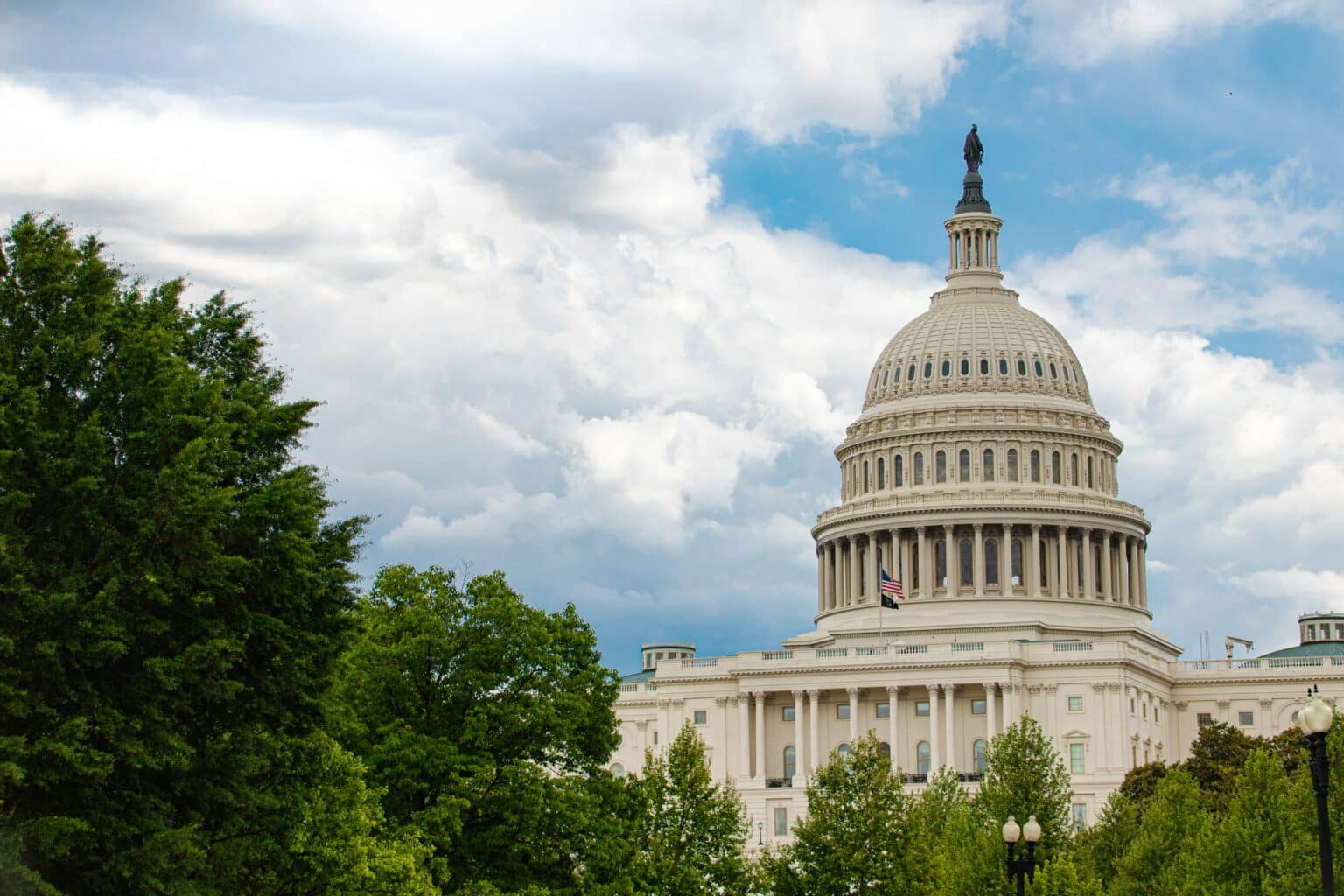The House of Representatives was set to return from August break Tuesday amid a looming government shutdown deadline and threats to impeach President Biden.
House Speaker Kevin McCarthy (R-CA) is expected to tell his fellow Republicans at a special conference meeting Thursday that opening a Biden impeachment inquiry is the next logical step in an investigation involving the President’s son, Hunter Biden.
Far-right House Republicans, like members of the Freedom Caucus as well as Rep. Marjorie Taylor Greene (R-GA), have been threatening to hold the federal budget hostage—ahead of a government shutdown deadline of midnight September 30—unless the impeachment inquiry goes forward.
Juggling just a five-seat majority in the lower chamber, McCarthy is signaling that he’s ready to give in to the far-right lawmakers’ demand—despite House-led GOP investigations having not yet provided any direct evidence that the President financially benefited from his son’s foreign business dealings.
McCarthy is also facing blowback from moderates in the House GOP along with very little support in the Senate, including from Republicans in the upper chamber.
“Biden-district Republicans are the reason that Republicans are in the majority, have the slim majority that we have today,” Rep. Nancy Mace (R-SC) said Monday. “And if we want to keep that majority, we have to keep those folks in their seats.”
On top of the impeachment inquiry, the House Freedom Caucus has released a list of additional demands—many of which will be non-starters in the Democratic-led Senate, such as building more wall along the U.S.-Mexico border, addressing what conservatives call the political “weaponization” of the Department of Justice and the FBI, and spending levels below what McCarthy and Biden agreed to when they raised the debt ceiling in June.
The House Freedom Caucus currently has fewer than 50 members, making up roughly 22% of the entire GOP conference. The group has labeled its message as “No Security, No Funding,” with some members embracing the idea of a government shutdown to force lower non-defense spending, though many other Republicans disagree with that approach.
The last government shutdown occurred December 2018-January 2019 and lasted for five weeks in a dispute between then-President Trump and Democratic Congressional leadership over funding his U.S.-Mexico border wall. According to the non-partisan Congressional Budget Office, that shutdown—the nation’s longest ever—lowered the country’s projected level of real GDP in the first quarter of 2019 by $8 billion, of which the CBO estimated only $5 billion was recovered.


